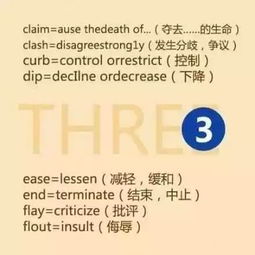
Col

d Knowledge from English News: The Longitude Problem and the Invention of the Chronometer
The concept of longitude, the angular distance east or west of the prime meridian, is a concept that has fascinated people for centuries. However, accurately determining one’s longitude at sea was a major problem for navigators for centuries, leading to many lost explorers, ships, and treasure. In this article, we will explore the historical problem of determining longitude, and the invention of the chronometer that solved it.
In the 18th century, ships traveling across the ocean relied on the stars to determine their latitude, the angular distance north or south of the equator. However, longitude was another story. Mariners began using dead reckoning – a method of estimating location based on previously known positions, elapsed time, and estimated speed – to determine their longitude, but these estimates were often grossly inaccurate.
The British government, recognizing the importance of accurate navigation for trade and military purposes, offered a prize in 1714 of £20,000 (approximately $3.5 million today) to anyone who could invent a method for determining longitude at sea within half a degree.
In response, many individuals tried to solve the longitude problem. Some suggested using lunar tables or observing eclipses to calculate the time difference between a known location and one’s current position, but these methods were difficult and inaccurate.
It was not until John Harrison, a self-taught clockmaker, invented the chronometer that the longitude problem was finally solved. A chronometer is a highly accurate clock that can keep time while at sea, despite the constant motion of the ship. Harrison worked for years to create a timepiece that would remain accurate regardless of temperature, humidity, and changes in motion.
Harrison’s first chronometer, completed in 1735, was tested on a voyage to Lisbon and found to be accurate to within just a few seconds – a remarkable achievement at the time. However, it took Harrison over 40 years to convince the Royal Navy to adopt the chronometer as the standard means of determining longitude.
In the end, the chronometer revolutionized maritime navigation, making it possible for sailors to determine their longitude with much greater accuracy. The longitude problem had been solved, and British navigators were able to dominate the seas for over a century, thanks to the invention of the chronometer.
The story of the longitude problem and the invention of the chronometer is a fascinating one, highlighting the lengths to which people will go to solve a problem and the power of innovation to change the world. So, the next time you hear the word “chronometer,” remember the important role it played in shaping the course of history.